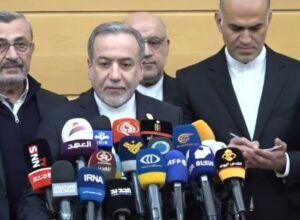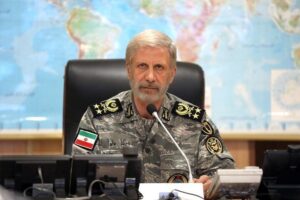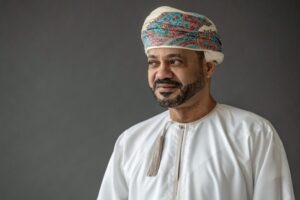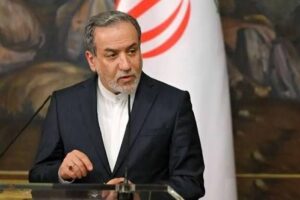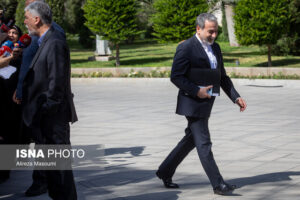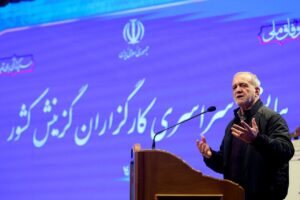Seyed Abbas Araghchi, Iran’s Foreign Minister, in an analytical op-ed published in the Lebanese newspaper Al-Nahar, examined Iran’s growing role in recent regional developments and its position in the Palestinian issue.
Referring to the shifting balance of power in the region, he stated that Iran now stands at the heart of the Palestinian issue and has demonstrated resolute resistance against the aggressions of the Zionist regime. According to him, this resistance has shattered the illusion of the Zionist regime’s invincibility.
Araghchi added that Iran’s response to recent aggressions was based on Resolution 69/51 of the Organization of Islamic Cooperation (OIC), which condemned the attack on Iran as an act of aggression and labeled the Zionist regime’s actions as war crimes, unanimously adopted by 57 member states. Additionally, Islamic countries called on the International Atomic Energy Agency (IAEA) to condemn the attack on Iran’s nuclear facilities and submit a report to the UN Security Council.
He emphasized that following these developments, Iran’s internal cohesion has expanded to a regional and Islamic level, an unprecedented phenomenon since the burning of Al-Aqsa Mosque in 1969.
Araghchi described the recent OIC foreign ministers’ meeting as a catalyst for initiating a new, pragmatic dialogue within the Islamic world, transcending ethnic, religious, and geopolitical differences.
Referring to the recent strategic test known as the “Days of Might,” he noted that this period not only tested Iran’s deterrence policy but also measured the Islamic world’s resolve in confronting shared threats.
He added that regional cooperation and consensus on threats, stability, economic security, and combating terrorism form the four pillars of future diplomatic dialogues.
Araghchi, addressing the ceasefire request, stated that Iran’s positive response has created an opportunity for comprehensive diplomacy, but its success hinges on ensuring security and achieving justice. He stressed that legal guarantees to halt the war and prevent the recurrence of violence, particularly in Gaza and Lebanon, are essential, and the UN Security Council must act promptly to secure these guarantees.
Araghchi also called on influential Security Council members, including China, Russia, European countries, Brazil, and Japan, to play an active role in preserving international peace. He reiterated that Iran has long advocated for a Middle East free of nuclear weapons and that the time has come to focus on economic development, convergence, and de-escalation.
In another section of the op-ed, he emphasized the practical implementation of the second clause of the OIC resolution, calling for the official condemnation of the U.S. and Zionist regime’s attacks on Iran’s nuclear facilities, including Natanz and Fordow.
Araghchi described achieving security and justice as a step toward linking the cessation of war with lasting peace, warning that West Asia must either embrace peace or remain mired in endless violence. He identified the second phase of the peace process as a special focus on Lebanon and Palestine, with the immediate cessation of attacks and the reconstruction of Gaza and Lebanon as prerequisites for crisis management.
He also proposed the establishment of a legal institution, such as an Islamic Human Rights Court, based on Islamic documents like the 1990 Cairo Declaration, which would enjoy international support similar to the European Court. He viewed Turkey’s current presidency of the OIC as an opportunity to draft the statute for such a court.
Araghchi concluded by asserting that the Islamic Republic of Iran considers achieving collective peace and stability in West Asia both possible and essential, provided that Islamic and international cooperation is purposeful and organized.

